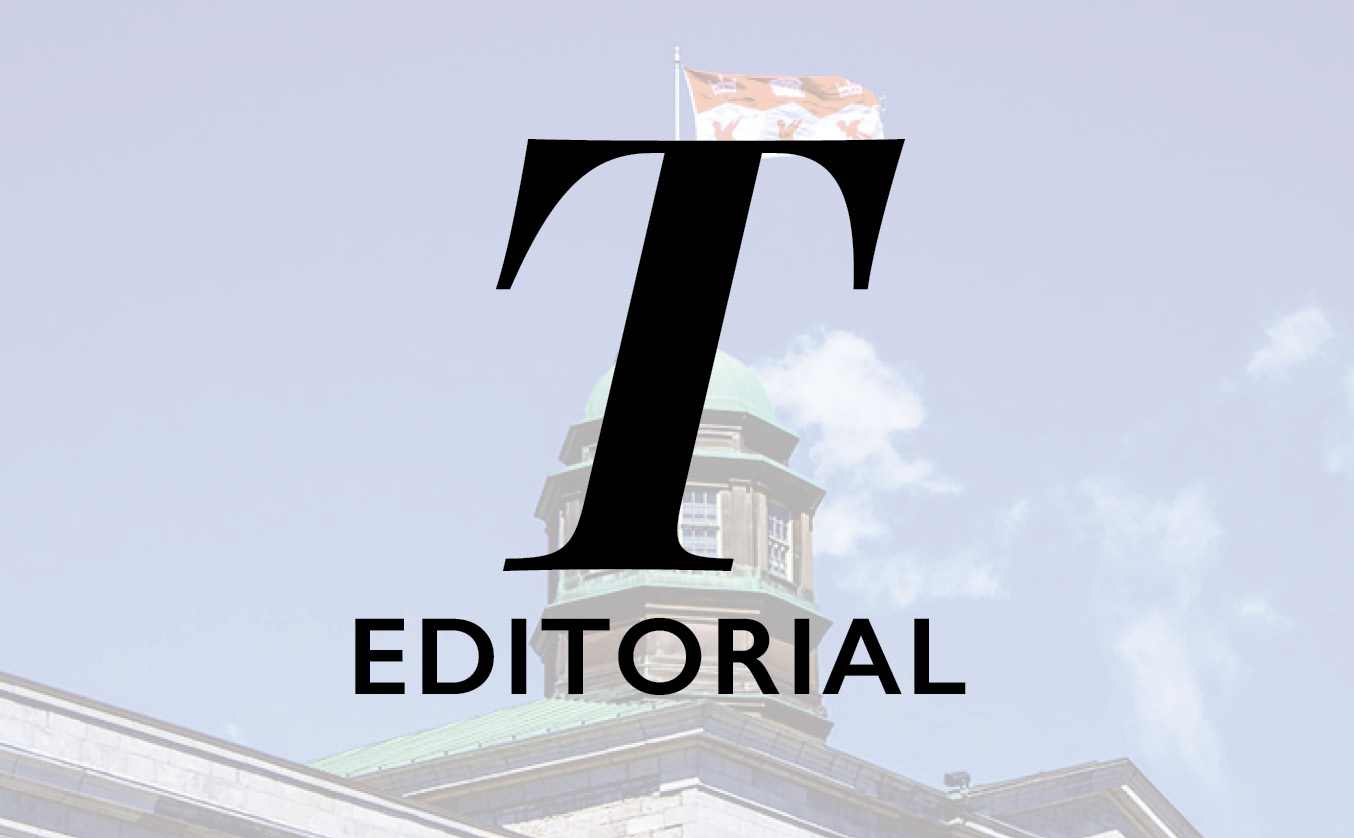McGill’s graduate studies option in Gender and Women’s Studies (GWS) provides feminist-focussed seminars and thesis options to 16 masters programs and 11 PhD programs at McGill. On Feb. 9, the office of the Dean of Arts suspended graduate studies options in GWS without consulting staff or students. In response, students in the GWS program, as well as similarly suspended programs incorporating the Development Studies option, issued an open letter condemning the decision. While the university has since retracted their decision, the fact that the administration viewed cutting the program as acceptable in the first place is problematic. McGill’s decision to cut the GWS program demonstrates a massive oversight of the value of feminist knowledge in academia, as well as an ignorance of the importance of gender studies programs in increasing representation and discussion of issues relevant to women and 2SLGBTQIA+ students at McGill.
The graduate studies option in GWS was initially developed in response to needs expressed by the Graduate Group for Feminist Scholarship, as well as prospective student interest in graduate-level studies with a feminist focus at McGill. The option is unique from other courses at McGill, since it prioritzes feminist perspectives in a variety of disciplines. Even if GWS courses are only used to supplement other degrees, the inclusion of gender-focused perspectives is beneficial to any field and profession. Removing this option from the programs of so many current graduate students reveals a lack of respect for feminist pedagogies by the McGill administration. Suspending the GWS program obstructs the innovation of knowledge about gender and feminist topics, and impedes the potential for improved understandings and research of gender across fields.
The Dean of Arts has effectively made a unilateral decision, limiting which topics they believe students and faculty can care about. This decision disregards the many students who see GWS as one of McGill’s only options to gain knowledge about their identities and experience. Evidently, many students care deeply about this issue; the open letter already has over 550 signatures. Further, studying GWS can help students understand their personal experiences in the context of more political and systematic forms of oppression, including a multiplicity of identities and thought. This understanding can be empowering and not having access to it limits students’ abilities to discuss and understand their experiences in an academic setting.
At McGill, initiatives to support women and 2SLGBTQIA+ people are mostly student-led. Clubs and publications such as Queer McGill, the F-Word, and the Union for Gender Empowerment work to raise awareness about feminist and 2SLGBTQiA+ issues despite a lack of administrative support. One of McGill’s main contributions to support 2SLGBTQIA+ students is Equity Education Advisor Meryem Benslimane, who works extensively to make 2SLGBTQIA+ students feel safe and heard at the university, including planning graduation ceremonies, Queer History Month, and closed events for Black, Indigenous and students of colour. However, placing the onus of student support on one individual is unfortunate. The graduate studies option in GWS is one of McGill’s only efforts at recognizing the historic oppression of 2SLGBTQIA+ individuals and increasing representation of those identities in an institutional capacity; maintaining the GWS program is the very least McGill can do to specifically support 2SLGBTQIA+ students as an academic institution.
In the future, the Dean of Arts and other McGill offices need to approach program suspensions with substantial care and consultation, especially those which disproportionately affect marginalized students. The Dean of Arts should release a binding confirmation that the program will not be suspended, and acknowledge the valuable role that the program plays in creating an inclusive pedagogy at McGill.
Straight, cis-gendered students can support members of the 2SLGBTQIA+ community by educating themselves, examining their biases, and re-considering their language use. Taking the time to ask others for their pronouns and consciously noting them, is a small step that all students should take. Professors can also make efforts to support women and 2SLGBTQIA+ students by incorporating feminist perspectives into their syllabi. Discussions about gender, histories, and realities can and needs to be incorporated across departments.
The graduate studies option in GWS was ultimately not suspended.








